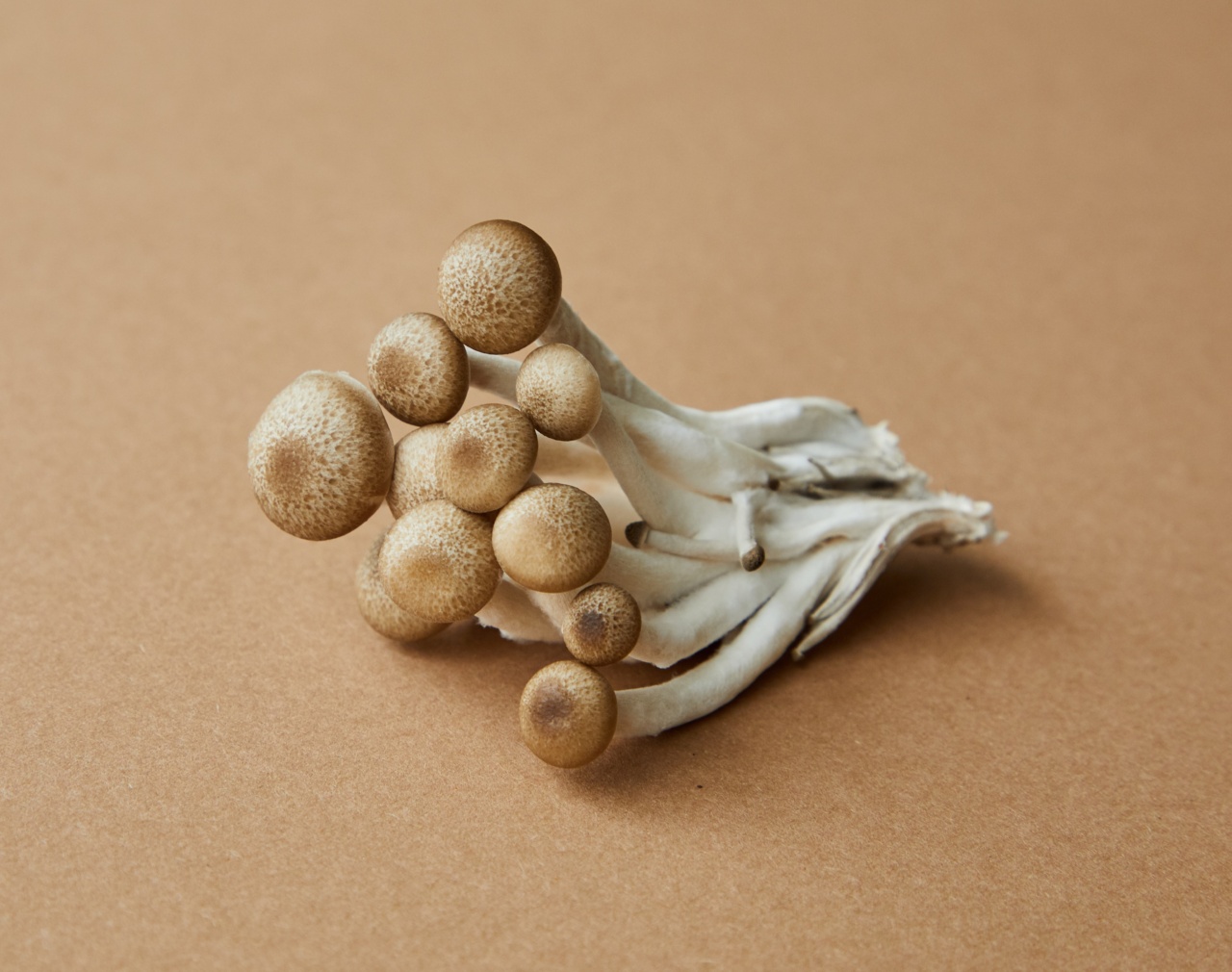Protein is an essential nutrient that is required for the growth and repair of the body. It is a macronutrient that is essential for the maintenance and repair of muscles, bones, and tissues.
As a result, many people believe that a high protein diet is good for their health. However, there are many potential risks associated with following a high protein diet. This article will discuss the potential harms of a high protein diet.
What is a High Protein Diet?
A high protein diet is defined as a diet that has a high percentage of total calories coming from protein. The recommended daily intake of protein is 0.8 grams per kilogram of body weight.
However, a high protein diet may contain anywhere from 1.2 to 1.6 grams of protein per kilogram of body weight. For a person who weighs 70 kilograms, this would be equivalent to a daily intake of 84 to 112 grams of protein.
Potential Harms of a High Protein Diet
1. Kidney Damage
One of the most significant risks associated with a high protein diet is kidney damage. The kidneys are responsible for filtering waste products from the blood.
High protein diets cause the kidneys to work harder to eliminate the excess protein from the body. Over time, this can lead to kidney damage and even kidney failure.
2. Dehydration
Another potential harm of a high protein diet is dehydration. High protein intake can lead to water loss from the body, which can cause dehydration. This is because protein requires more water to digest and metabolize than carbohydrates and fats.
This can lead to a variety of symptoms, including fatigue, headaches, and dry skin.
3. Nutrient Deficiencies
A high protein diet can also lead to nutrient deficiencies. When consumed in excess, protein can displace other important nutrients such as carbohydrates and fats.
This can lead to deficiencies in vitamins and minerals, which can have a significant impact on a person’s health.
4. Digestive Issues
A high protein diet can also cause digestive issues such as constipation and bloating. This is because protein requires more time and effort to digest than carbohydrates and fats.
This can lead to gastrointestinal discomfort and even food allergies and intolerances.
5. Weight Gain
Contrary to popular belief, a high protein diet can also lead to weight gain. This is because excess protein can be converted into glucose and stored in the body as fat.
Additionally, high protein diets can be high in calories, which can lead to weight gain if not properly balanced with other nutrients.
The Bottom Line
A high protein diet can have some potential benefits. However, it is important to consider the potential risks before starting a high protein diet. It is recommended that individuals consume a balanced diet that includes all of the essential nutrients.






























